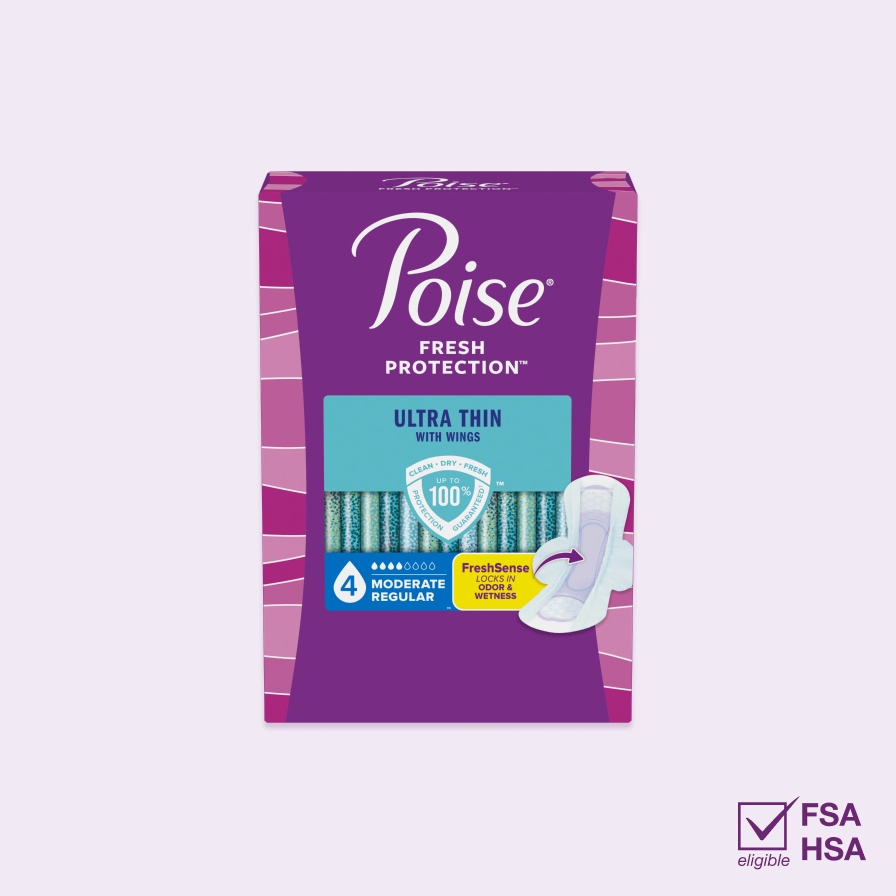Managing Mood Swings With Menopause
Managing Mood Swings With Menopause
Managing mood swings that show up in the perimenopause/menopause transition can feel like you've been given the assignment of staying seated in a roller coaster without a cross bar, while putting on a happy face and not looking terrified! It's challenging, to say the least.
Women have described mood swings as everything from mild anxiety to feeling overwhelmed to an out-of-control rage that leaves you wanting to chop somebody's head off. Sadness rises up easily, which is confusing because most of the time we don't know what we're feeling sad about. Crying at the drop of a hat at seemingly ridiculous triggers can leave you feeling weak in constitution and with a loss of self-esteem. Just when you thought you had your whole life figured out, bam, you get hit with mood swings that you don't understand and for which you're not prepared. Partners and friends feel helpless, too, as they stand by and wonder what's going on.
So what is happening? And more importantly what can we do about it?
Perimenopause Mimics Puberty
Remember when you were going through puberty, and seemingly for no reason, one day you felt happy and on top of the world, and the next you were crying, lashing out at your mother and couldn't stand your best friend? The ovaries were beginning to produce estrogen and more importantly progesterone, two hormones that regulate menstrual cycles. Progesterone is the major player whose main job is to regulate moods, menstrual periods and sleep cycles. Once ovulation kicked in and your menstrual periods became regular, your mood swings became less intense, too.
Fast-forward thirty-five years and the mood swings are back - this time with a vengeance. Just when you thought you had all the major balls of your life in sync in the air, they all come tumbling down. Once again, progesterone is the cause of major mood swings. Why? Because now your ovaries are winding down and ovulation is sporadic. When ovulation stops, the progesterone in your system ? which helps to regulate moods, sleep and menstrual periods ? decreases.
How to Manage Mood Swings during the Perimenopause/Menopause Transition
Managing mood swings during the perimenopause/menopause transition can be divided into three categories:
- Lifestyle Choices
- Complementary and Alternative therapies
- Medical/Prescription intervention
I always recommend that healthy lifestyle choices be firmly in place before considering other options. Many women won't need any further intervention. But if they do, other choices are available and can be safely combined.
Healthy lifestyle choices include daily exercise, a healthy diet, and stress reduction practices. Daily exercise like walking, jogging or hiking - or if you prefer to work out in a gym, any class or machine - will get your heart pumping and help you burn calories. Your body needs to burn up excess energy so it won't create anxiety in your body. Exercise also strengthens your heart and lungs, and helps to prevent bone loss that can accelerate after menopause. It will also help you maintain a healthy weight.
A healthy diet is one that includes fruits, vegetables, whole grains and plant-based proteins like beans, lentils, legumes and soy. Omega three fatty acid fish like salmon is important to include in your diet at least three times a week.
Stress reduction practices such as meditation, tai chi, and yoga will help calm the mind which in turn will help reduce the anxious feelings that bubble up unexpectedly. The deep breathing taught in meditation, tai chi and yoga, if practiced regularly, will train the brain to deal with the anxious thoughts and feelings.
Complementary and alternative therapies may include a variety of "natural health products" like vitamin and mineral supplements, homeopathic medicines, and traditional Chinese medicine such as acupuncture or acupressure massage. Aromatherapy using essential oils has many benefits, too, to help calm the mind, relax the body, and reduce hot flashes. A Naturopath physician is the practitioner I recommend consulting for herbs and homeopathic products to relieve mood swings and anxiety. Vitamin B-6 at 50 to 100mg a day is suggested for all women who suffer from mood swings related to PMS or perimenopause/menopause.
Medical intervention usually requires a visit to your gynecologist to discuss if a prescription is needed to manage your mood swings. Possibilities range from low dose birth control pills (which have progesterone in them to reduce mood swings and also regulate menstrual periods if they are irregular) to a mild antidepressant to reduce anxiety and depression. Most women won't require this approach but the beauty is every woman is different and there are many choices available.
In closing, the comforting thought about mood swings during the perimenopause/menopause transition is that they're very common and you're not going crazy. There are a lot of things you can do to regain a feeling of control. You don't have to suffer and believe it or not, they will pass.
I know this might sound crazy but I believe the mood swings that show up during midlife are a "wake up" call for us all to slow down and take the time to be kind and loving to ourselves - the same love, kindness and attention we've been giving to everyone else all of our adult lives. Our time is here!
Recommended Products
Absorbency Level
Absorbency Level














